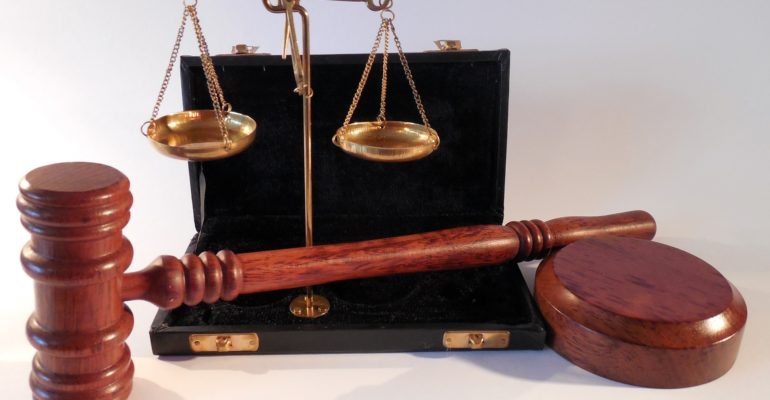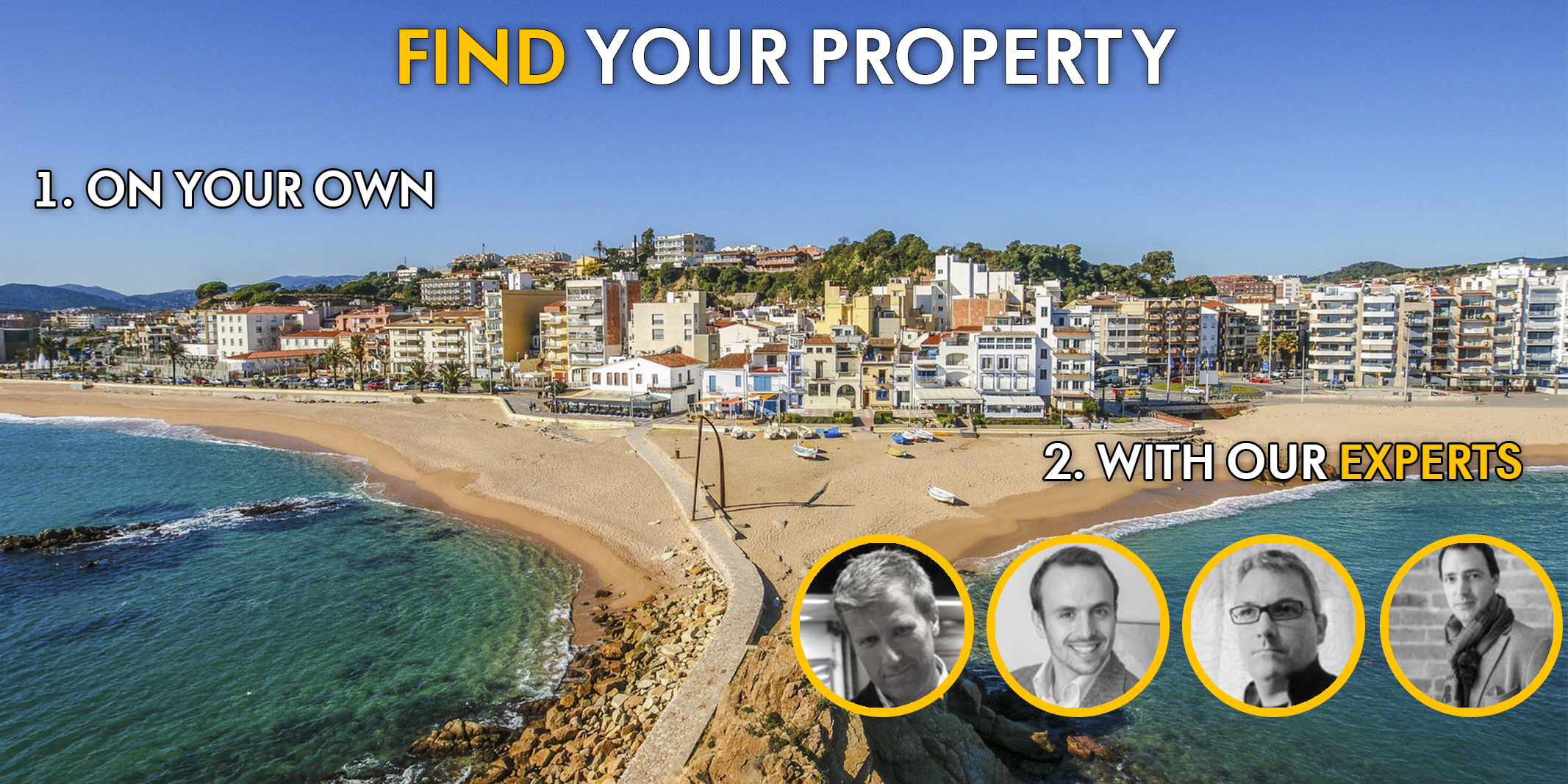 Reading time 3 minutes. Use our table of content for a quick read.
Reading time 3 minutes. Use our table of content for a quick read.
Last Updated on 12/03/2023 by STEPHANE
Automatic translation from Google translate:
What should you pay attention to when buying a property in Spain?
We wrote three interesting papers on this subject:
Our top 10 pieces of advice for buying your property in Spain
The 8 legal steps to your Spanish Property
Top 8 tips for not wasting money when you buy in Spain
This time, we wanted to have the view of our independent partner, Juan Carlos, of what he does for his customers in the Costa Blanca North Region.
The Case of the Costa Blanca North Region.
If you are interested to buy or sell a property located in Costa Blanca North like Benidorm, Altea, Denia, Calpe, Javea, Moraira, Benissa, Pedreguer, Xalo, etc., we will help you to take care of all aspects of the purchase or the sale of your property.
This area covers a wide range of properties: Traditional properties on the coastline, new build properties and countryside properties. Let us detail the main legal aspects of each of these.
Traditional properties on the Coastline:
You will find those properties mainly in Denia, Calpe, Moraira, Altea, Javea, and Benidorm. Most of the time, those properties are second residences or holiday homes owned by Spanish residents, mainly coming from Madrid, the Basque country, Catalonia or foreigners coming from northern Europe. These types of properties used to be bungalows, and apartments, near the beach, and built usually before the “Spanish boom” (before 2000).
Usually, those are the critical points to check:
- Carry a legal and administrative study of the history of the construction: understand how the property was built! Are there extensions? Is the terrace covered? Is the kitchen on the old porch? Is the basement a sleeping room?The goal is to check that the works were carried properly and that all the permits were granted by the Town Hall. If that’s not the case, the city could refuse to renew the Certificate of Habitation. Which would be a big issue.
- Was there a modification of the initial structure?
- Check water and electric contracts: As the properties are old, the Utility companies could require upgrades to the current installations.
- If the property was empty for a while, most of the time you will need to have a new conformity certificate for the facilities.
- Check the history of ownership of the property
- Check if mortgages are existing on the property
- Plusvalia Tax: If the property is old, and is owned by the same owners for a long time, then this tax will be higher. This municipality tax must be paid by the seller, but, if not, the buyer could be responsible. So it is important that it is followed properly.
- The community of owners: It is very important to know if the vendor is up-to-date in the payments of the community charges. Another point to check: Did the seller pay all the charges related to the reforms or maintenance of the community areas (terraces, façades, parking, etc.), which do not always appear in the certifications made by the community of owners? A final issue to check: Are there any major works foreseen? A new lift? Renovation of the roof?….
New build properties:
You will find those properties mainly in Benissa, Javea, La Nucia, Altea, and other new urbanized areas. Most of the time, those properties are second residences or holiday apartments built usually after the “Spanish boom” (after 2000).
The important legal aspects to consider before buying a property are the following:
- The property must be registered in the land registry with the correct details, as “completed house”.
- The builder supplied the Final Works License: the ten years Insurance (Insurance which covers during ten years the structural defects of the building), and the Certificate of Habitation.
- Community areas: The community areas like Golf Courses, commercial areas, pool, gardens, must be completed, or in the process to be.
- Also, it is very important to “read” the community rules to see, for example, if your neighbour can run a business which can disturb you, or if dogs are allowed, etc.
- Community charges: This kind of properties can have high expenses for maintenance. It is very important to know them in the initial steps of conveyance.
- Limitations and rights of use: These areas use to have big infrastructure of electric, water, sewage, rubbish collection, which can affect your property.
- Urbanization charges and works: There are some areas, overall in Denia and Javea, in which the property may have pending urbanization costs and urbanization works to be finished, and on account of the owner! So, please, take duly care with this.
- Certificate of Habitation: Even being properties built with the proper building license, there are some complications at times to obtain the NEW certificate of habitation.
- If the property was empty for a while, most of the time you will need to have a new conformity certificates for the installations.
- Check the history of ownership of the property
- Check if mortgages are existing on the property
Countryside properties
You will find rustic properties in the countryside in general. Special considerations must be made in areas from Pedreguer, Xalo, Benissa, Moraira, Benitatxel, Benigembla, Parcent, La Nucia, Javea, Beniarbeig, Ondara, Murla, Tarbena, Polop, Teulada, etc.
Depending upon the fact that the property would be new build or not, the same checks as for “New build properties” or “Traditional properties” should be done.
This article is written by one of our independent partners in Spain, Juan Carlos, who is one of our Lawyer in the region of Alicante. Check his profile.
Find a property lawyer in Spain in our network?
Looking for a real estate lawyer in Spain? Follow the link and get one of our local lawyer.
Looking for another real estate expert in Spain: Mortgage, Insurance, Survey of property, Property hunting, …? Ask us directly one of our 100+ local partner!







